1. Negotiation: (definition)
2. Complexities in negotiation
3. Negotiation DNA/elements
4. BATNA: Best Alternative To a Negotiated Agreement.
5. Trust
6. Information exchange
7. Ethics
8. Ethics and the exercise of power
9. Outcome
10. Variable sum variable share’
11. GRIT: Graduated and Reciprocated Initiatives in Tension reduction
12. Know what ‘agents’ are. Private or public? What’s the difference between private and public agents? Who reports back to who?
13. How does ‘time constraints’ influence/affect a negotiation?
14. Walk away
15. Strategies : Distributive/competitive: (convincing the other party), Integrative/co-operative: (win-win)
16. Being strategic means:
17. Creating and claiming value
18. PLANNING!!!
19. The 8 Planning steps
20. Implementing the negotiation plan
21. negotiation PHASES
22. Creating and claiming value
23. Strategies & bargaining behaviours
24. BATNA
25. How can biases and stereotypes affect a negotiation?
26. Managing a negotiation
27. Deadlocks: (definition), how to avoid deadlocks? (planning)
28. How do cultures differ
Negotiation is a process where two parties with differences which they need to resolve are trying to reach agreement through exploring for options and exchanging offers- and an agreement.
Firstly, negotiation is a process-a sequence of activities, perhaps with an underlying pattern. Secondly, we need two parties for a negotiation. Thirdly there must be differences. The parties must need to resolve their differences (cooperation). That negotiation involves trying to reach agreement suggests that negotiators might not always succeed and also that reaching a good agreement takes some effort.
There are two broad ways agreements can be found. The negotiators can explore possibilities and develop options that might possibly resolve the issues and exchange offers. Finally, negotiations result in an agreement, which might be an agreement to walk away.
• Comes from Latin – ‘not leisure’ that is its business
• 2 or more parties
• There is a conflict between their interests
• Either party believes they may be able to influence the outcome in their own favor
• There is the possibility of reaching agreement
• The parties are willing to compromise
• There are tangible & intangible factors in negotiation.
• An assumption the relationship will be ongoing
• Purpose of negotiation – to reach agreement/strike a bargain



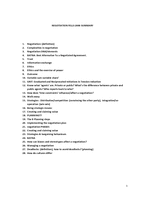

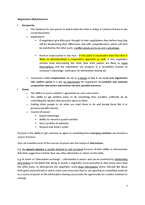
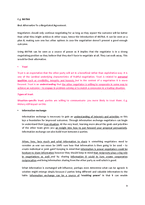
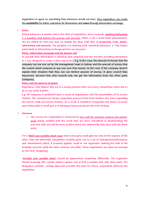
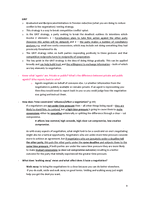

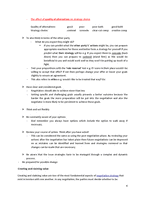
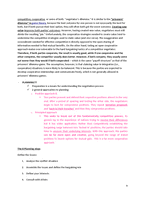
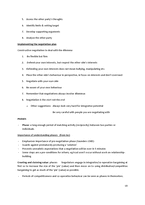
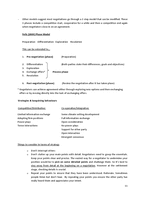
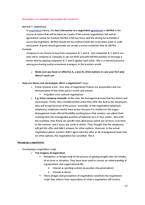
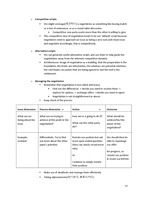
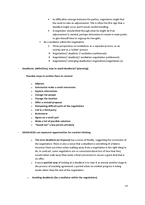
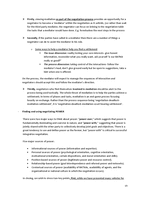
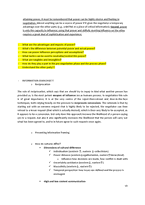
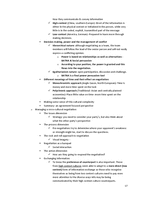

 분야
분야


